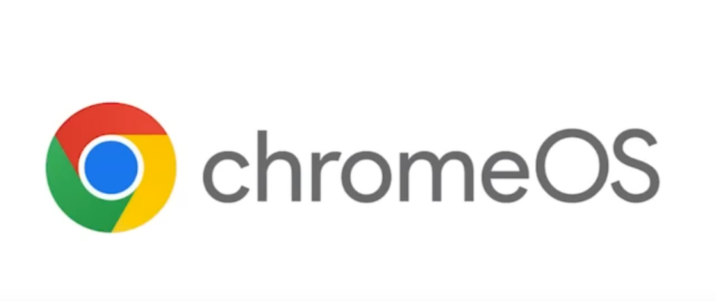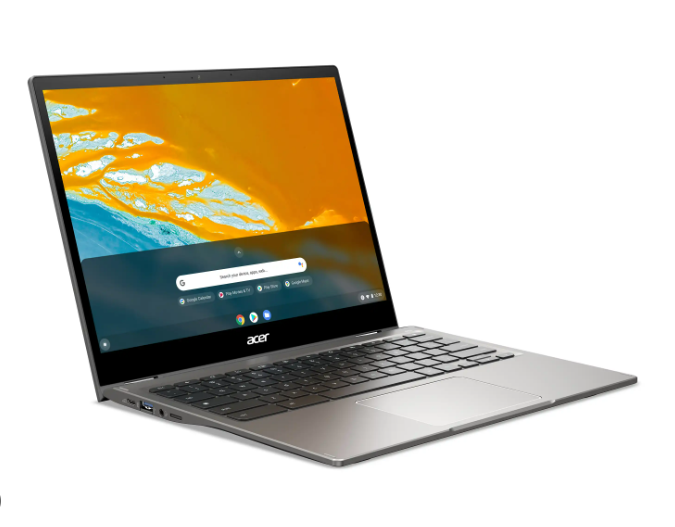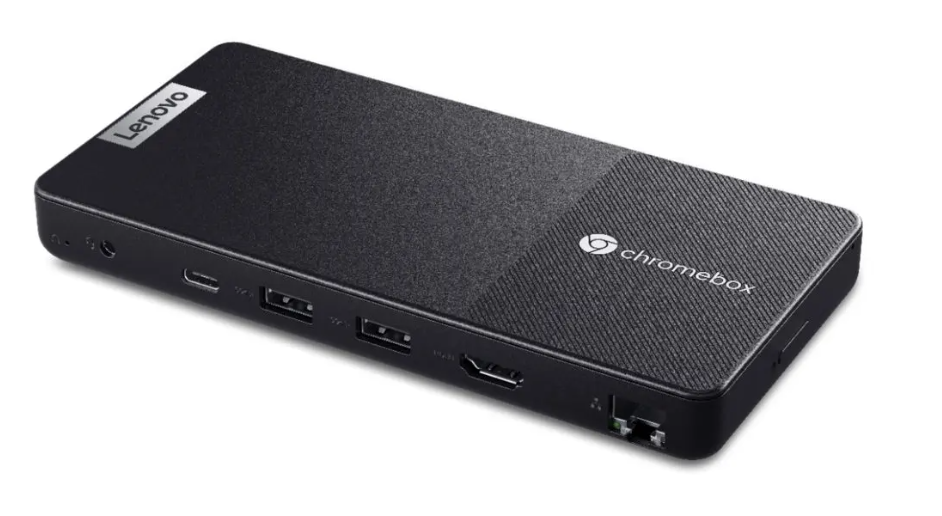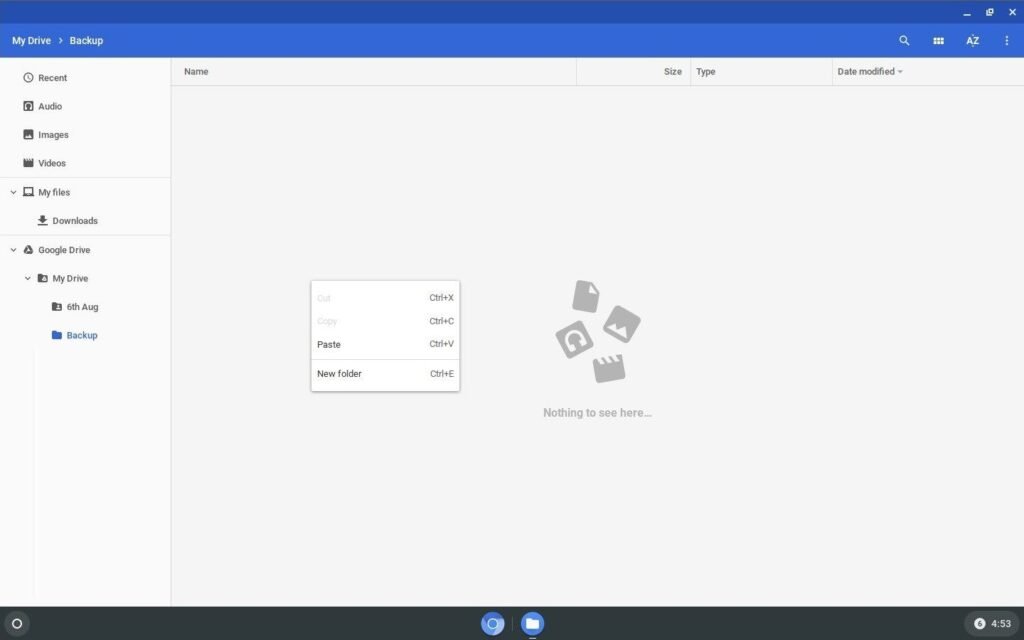What is ChromeOS?

An operating system is the brain behind the entire computer system; it controls memory usage and processes in addition to housing all installed applications. Every device, be it a new Chromebook or a phone, needs an operating system in order to function. Lightweight features tailored for the average user are included in ChromeOS. These consist of quicker boot-up times, higher speeds, and better battery health.
Performance is what you’re probably looking for, so you should probably look for an operating system that comes with fewer default programs and isn’t as feature-rich. Google created ChromeOS because it is simple to use. However, what exactly is ChromeOS, and how is it different from Windows and macOS? Is it possible to install it on a Windows or Mac laptop? In order to address these concerns and provide additional information regarding Google’s Linux-based operating system, which drives all Chromebooks to date, we’ve produced a handbook.
Is ChromeOS something more than just a web browser?
Google created and developed ChromeOS, an operating system (OS) based on Linux that was previously known by the names chromeOS and Chrome OS. It is based on the open-source ChromiumOS operating system, which is all about the web (including web browsing and web apps). Everything is done within the web browser; there are no programs. This implies that Google Chrome is also at the center of everything on ChromeOS.
Android apps and progressive web apps are supported on all ChromeOS versions. Though it lacks external program support and may appear basic in comparison to macOS and Windows, ChromeOS boasts a wide range of applications and Chrome browser extensions. To meet their demands, the majority of consumers still concentrate on utilizing the online browser and downloading and installing Android applications and progressive web apps.
ChromeOS vs. macOS and Windows
Three key tenets of ChromeOS are simplicity, performance, and security. ChromeOS was created with security in mind by Google; to improve system security, it has features like sandboxing, data encryption, a read-only operating system that prevents executables, and verification at boot. If you use the OS’s default apps and functionality, your device will be safe against ransomware, phishing, and fraudulent programs thanks to these built-in security protections.
Because ChromeOS is renowned for its extreme security, it doesn’t require outside antivirus protection. All of this is made possible by ChromeOS, which runs on Linux. Linux encrypts your data and provides safety measures in case of breaches or assaults.
Despite ChromeOS’s focus on security, harmful actions and scams can still occur; for example, your device may be exposed to unwanted and unsafe apps or phony extensions that you download from the Google Play Store. Thus, you can still run an antivirus program on your computer if you’d need an additional degree of protection.
Although macOS is more expensive and requires more time to load up than a device running ChromeOS, it is also renowned for being safe and virus-free. Conversely, Windows does not protect your data unless you use BitLocker or Safe mode, and it is bloated with applications, which slows down your operating system. For those seeking a cost-effective, fast, and safe option, ChromeOS might be the solution.
Which devices are compatible with ChromeOS?
The de facto operating system for Chromebooks, which are thin computers designed for professionals, students, and casual users who don’t need complex applications like Microsoft Office to complete their work, is called ChromeOS. With the exception of Chromeboxes and Chrome desktops, ChromeOS is designed by Google to run virtually exclusively on Chromebooks; other devices do not support it.

Similar to laptops running Windows, a variety of Chromebooks are available from well-known manufacturers including Lenovo, Asus, HP, and Acer. Google also promises to provide ten years of upgrades for every Chromebook device. Google is responsible for maintaining ChromeOS; however, the manufacturer determines the necessary hardware. Google pushed for the addition of a new range of Chromebook Plus devices with improved performance in October 2023. These approaches would solve the requirement for strong hardware to enable AI tools and concentrate on software enhancements.

Chromeboxes, sometimes referred to as Chrome desktops, come with ChromeOS pre-installed. These are comparable to Windows desktop computers; however, they sacrifice the portability of a laptop for more processing power. The majority don’t include a keyboard and display. Rather, they arrive in the form of a little box containing ports. All-in-one computers, or Chromebases, are available; one example is the HP Chromebase 21.5, which comes with the whole configuration.
Chromebits are another piece of hardware that runs ChromeOS. These are essentially ChromeOS-powered HDMI dongles. The only Chromebit that has been released to date is the Asus Chromebit CS10, and Google stopped providing upgrades in 2020.
How Chromebook storage functions
Moreover, ChromeOS only uses SSDs or eMMC. Instead of depending solely on local storage, users can transfer and retrieve data to the cloud using cloud-based services like Google Drive. But since everything is connected to your Google account, you also need to have an active Google account in order to access your Chromebook.

The absence of local storage in Chromebooks may discourage users from choosing them. The highest-end Chromebook models offer 512GB of local storage, although most models have between 64GB and 256GB. However, if you’re saving everything on the cloud, you’ll need a dependable connection and regular backups of your files and folders.
If you need more capacity, you can check into payment plans for more cloud storage or purchase an external SSD, but both options can get expensive.
Is ChromeOS installable?
Outside of Chromebooks and Chromeboxes, ChromeOS cannot be installed. On Windows and Mac computers, however, you can install ChromeOS Flex, a comparable operating system. ChromeOS Flex is only compatible with approved models; it is not fully functional like ChromeOS for Chromebooks. For instance, ChromeOS Flex installed on a computer prevents you from installing Android apps or even from accessing Google Play. Apart from that, it functions pretty much the same, especially when compared to less powerful operating systems like Windows. It mostly targets aging, older computers that need a fresh lease on life in order to function properly.
Compared to standard ChromeOS devices, ChromeOS Flex has limitations because Linux-based operating systems are not meant to function on a Windows or Mac computer. This implies that some hardware limitations may apply to your device and that certain components
